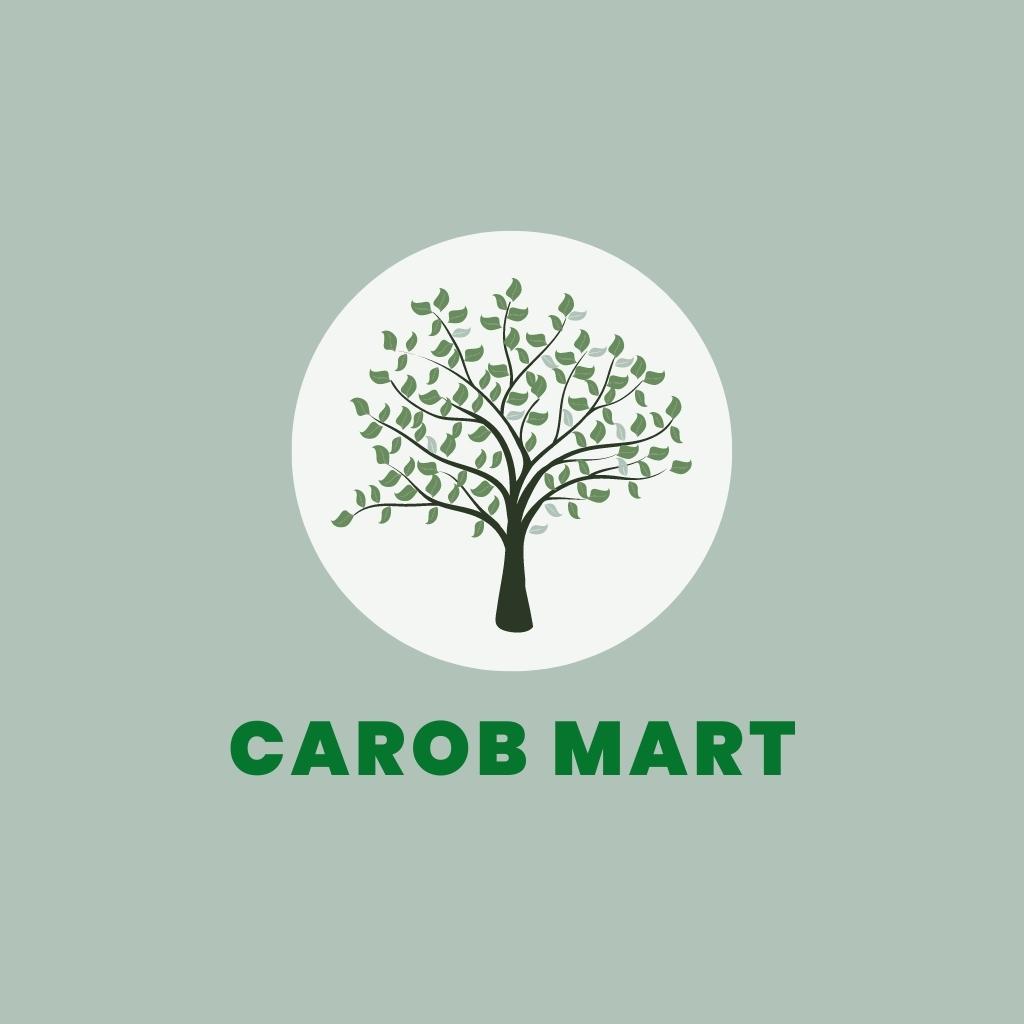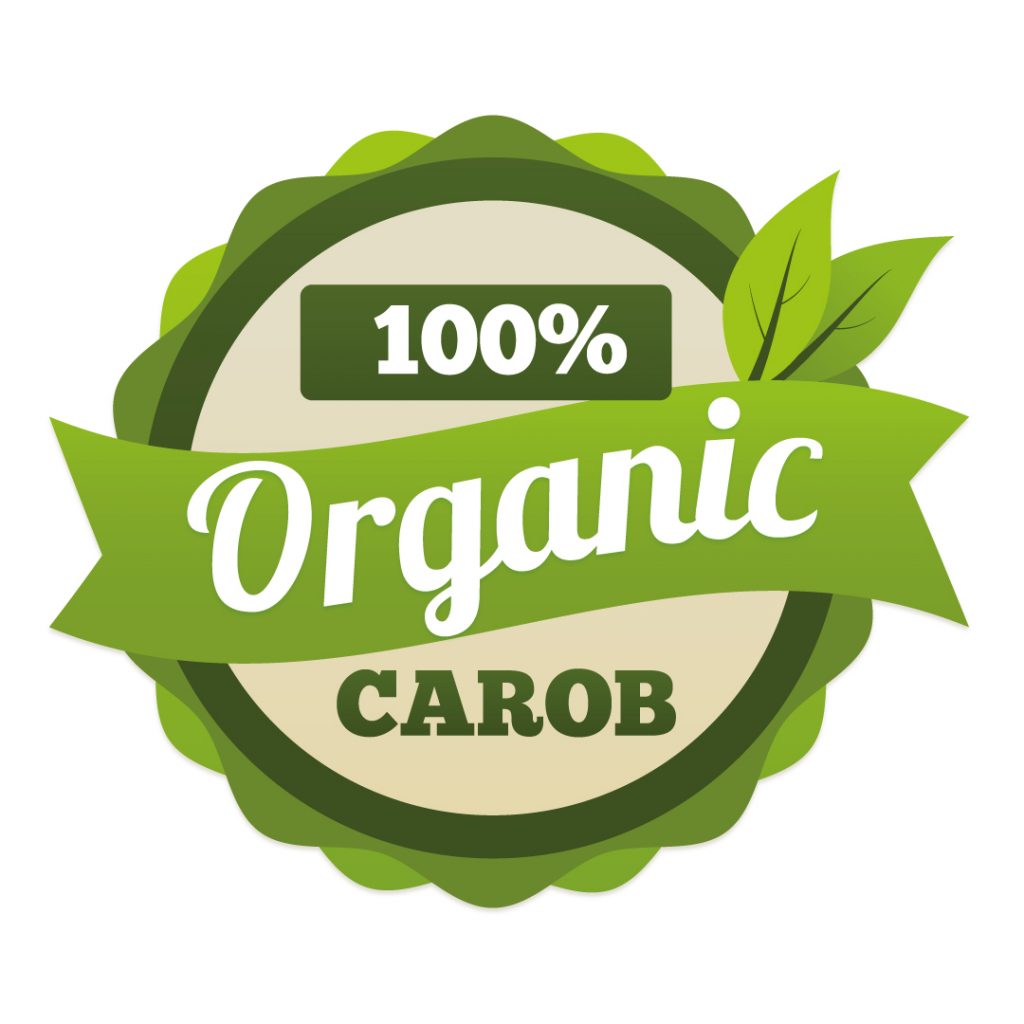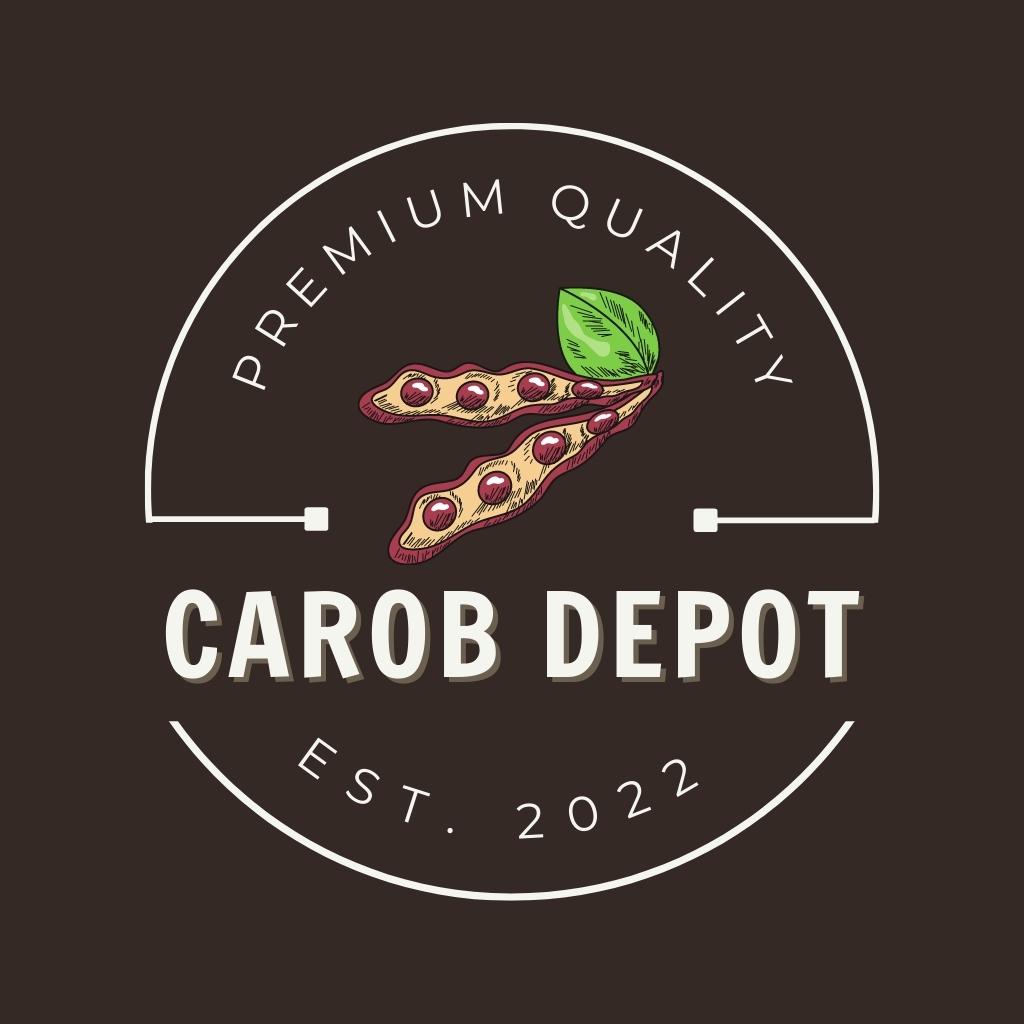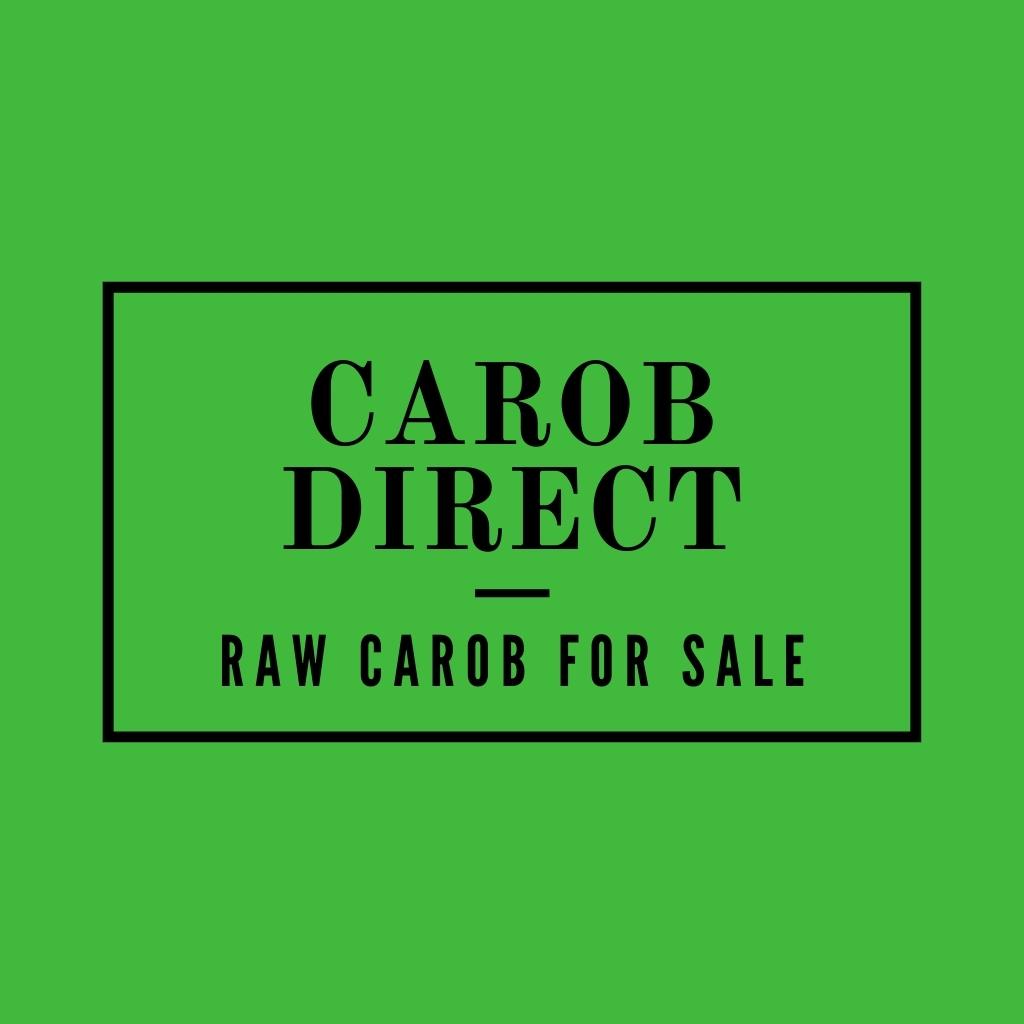Raw Carob for Sale

Looking for Bulk Carob in Ho Chi Minh City, Vietnam? Order Dried Carob Pods here at Turkish Carob! Nuts for a sweet and healthy snack shipped fresh to your door. Get yours now! Wholesale carob in Ho Chi Minh City, Vietnam.
The Carob fruit (also commonly called the Bosker) has a taste and texture that has been coveted for centuries. When dried, Carob pods have a chocolate-like flavor that can be used as sweetener in baked goods, drinks and other dishes. Carob pods have a dark brown color and contain tiny beans inside. They may be stored for six months to a year before being ground up for use. Dried Carob pods are also stand-alone treats to snack on.
Here at Turkish Carob, we proudly carry Dried Carob pods shipped fresh worldwide. Get yours from our trusted suppliers and start enjoying this healthy and sweet snack year-round now!
When you love chocolate, it’s hard to find a replacement with the same flavor and mouth-feel, right? Enter carob. Not chocolate, not really. But a good place to start. In fact, there are plenty of times when I choose carob instead. Why? Unlike chocolate, carob is naturally sweet, low in fat, high in fiber, has calcium, and most importantly to me, no caffeine. And because chocolate is linked to migraines and caffeine-sensitivity for some people, carob definitely has its advantages.
Carob comes from the pod of a tree that grows along the Mediterranean Sea. The pod contains a sweet, edible pulp. Once dried and roasted, the pulp is ground into a powder called carob flour (but more commonly referred to as “carob powder”). It’s similar to cocoa powder in color and can be substituted one-for-one in recipes, but carob is unique with its own special flavor and texture. If you’ve never tried carob, you’re in for a treat. It’s sweet, mild and packed with pectin, a soluble fiber. Traditionally, it was used to soothe an upset stomach.
CONTACT US
Carob fruits are characterized by high sugar content (48%–56%) (mainly sucrose, glucose, and fructose), 3%–4% protein, a low‐fat content (0.2%–0.6%), low content of alkaloids, and high content of dietary fibers, especially in the seeds. Specifically, the pulp is composed of sugars, polyphenols (e.g., tannins, flavonoids, phenolic acids), and minerals (e.g. K, Ca, Mg, Na, Cu, Fe, Mn, Zn), whereas the seed contains proteins, dietary fibers, polyphenols, and minerals and is free of gluten.
Carob powder is a valuable source of vitamins E, D, C, Niacin, B6, and folic acid; vitamins A, B2, and B12 are provided in lower levels. Carob powder oil is composed of 17 fatty acids, mainly oleic, linoleic, palmitic, and stearic acid at 40.45%, 23.19%, 11.01%, and 3.08%, respectively (Youssef, El‐Manfaloty, & Ali, 2013). A number of cyclitols are also present in carob beans. The major cyclitol is D‐pinitol (3‐O‐methyl‐D‐chiro‐inositol) with multiple health benefits.
The endosperm of the seed contains the water‐soluble mucus, known as locust bean gum (LBG), which is a polysaccharide (galactomannan) consisting of 16%–20% D‐galactose and 80%–84% D‐mannose. It is created from seed processing and is a natural additive (E410) (Salinas, Carbas, Brites, & Puppo, 2015). It is widely used in the food industry as thickener, stabilizer, and gelling or dispersing agent, and its labeling is compulsory. LBG has many applications in cosmetics, pharmaceuticals, film emulsions, paints, polishes, ceramics, and adhesives.
Many studies have shown that carobs and their products can promote human health and help prevent specific chronic diseases. In particular, they show antiproliferative and apoptotic activity against cancer cells, they are suggested to treat diarrhea symptoms, and they present antihyperlipidemia and antidiabetic effects due to their high antioxidants, polyphenols, and high content in fibers. Therefore, they are considered ideal food for people with diabetes (Youssef et al., 2013). Carob flour (from carob seeds) is used to manufacture dietetic products and products for celiac patients (gluten‐free products).
Carob is an indigenous drought‐ and temperature‐tolerant tree cultivated in Cyprus for centuries. In the past, it significantly benefited the agricultural economy of the island. It was widely known as the “black gold” of Cyprus. In recent years, carob’s health benefits and nutritional value are being highlighted and therefore traditional carob‐based food products end up in the market.





